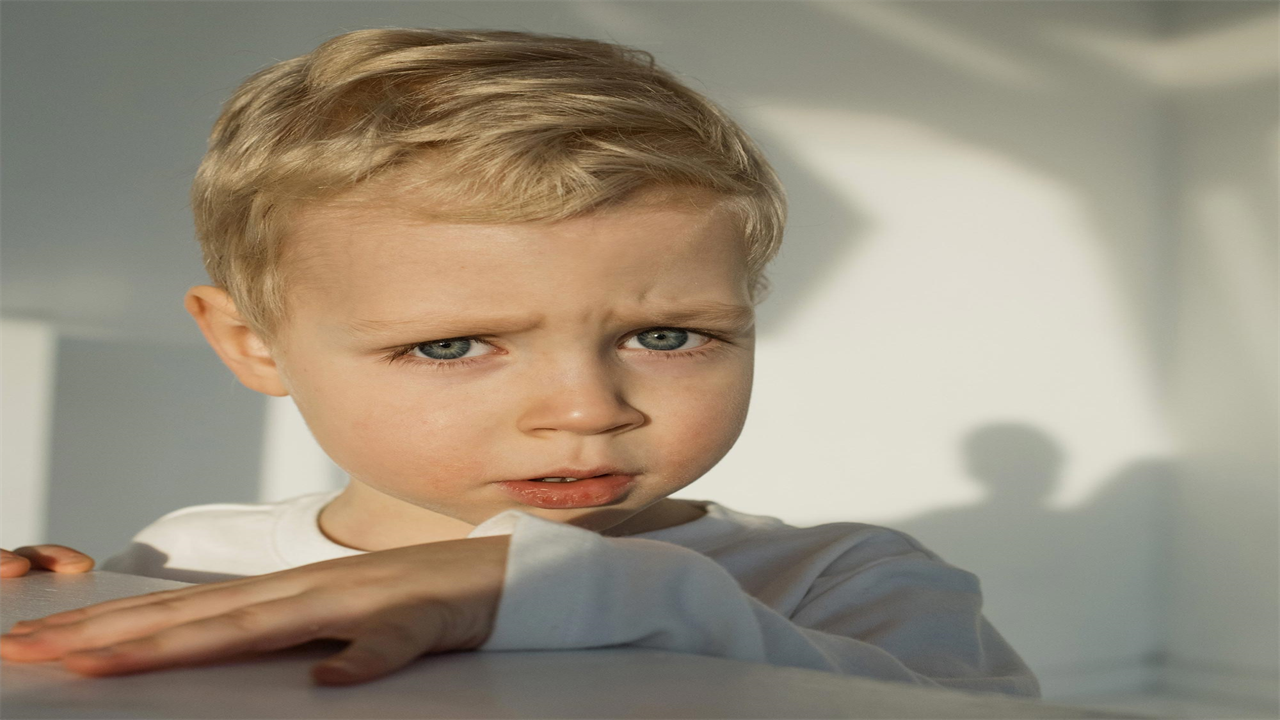More Than 1.5 Million Children Lost a Caregiver Due to the COVID Pandemic
0 View
Share this Video
- Publish Date:
- 7 August, 2021
- Category:
- Covid
- Video License
- Standard License
- Imported From:
- Youtube
Tags

Addressing the impact of caregiver deaths critical to children’s mental health, the authors note.
According to a recently published study, it is estimated that more than 1.5 million children around the world have lost at least one parent, custodial grandparent or grandparent who lived with them to death related to COVID-19 during the first 14 months of the pandemic. . in The Lancet. The study highlights orphanage as an urgent and overlooked consequence of the pandemic and emphasizes that providing evidence-based psychosocial and economic support to children who have lost a caregiver should be an important part of responding to the pandemic.
The analysis used mortality and fertility data to model the rates of COVID-19-associated orphanage (death of one or both parents) and deaths of custodial and cohabiting grandparents (ages 60-84) from March 1, 2020 to April 30, 2021 , in 21 countries. This study was funded in part by the National Institute on Drug Abuse (NIDA), part of the National Institutes of Health.
In the paper, “COVID-19-associated deaths” referred to the combination of deaths directly caused by COVID-19 and deaths indirectly caused by other related causes, such as lockdowns, restrictions on gatherings and movement, reduced access or acceptability of health care and the treatment of chronic diseases.
Traumatic experiences, such as the loss of a parent or caregiver, are associated with increased substance use, mental illness, and other behavioral and chronic health problems. NIDA supports research focused on understanding the impact of trauma on youth, preventing substance use after experiencing deprivation, and treating substance use in populations experiencing trauma.
“Studies like these play a critical role in elucidating the long-term impact of the COVID-19 pandemic on families and the future mental health and well-being of children around the world,” said NIDA Director Nora D. Volkow, MD . “While a child’s trauma experiences after the loss of a parent or caregiver can be devastating, there are evidence-based interventions that can prevent further adverse outcomes, such as substance use, and we need to ensure that children have access to these interventions. ”
To estimate pandemic-related deaths from orphans and caregivers, the study used excess and COVID-19 death data for 21 countries that were responsible for 77% of global COVID-19 deaths in 2020 and early 2021. These include Argentina, Brazil, Colombia, England and Wales, France, Germany, India, Iran, Italy, Kenya, Malawi, Mexico, Nigeria, Peru, Philippines, Poland, Russian Federation, South Africa, Spain, United States and Zimbabwe.
The authors estimate that 1,134,000 children have lost a parent or custodial grandparent to death from COVID-19. Of these, 1,042,000 children were orphaned by a mother, father or both – most lost one, not both parents. In total, an estimated 1,562,000 children have experienced the death of at least one parent or a caregiver or other live-in grandparent (or other older relative).
The countries with the highest number of children who lost primary caregivers (parents or custodial grandparents) were South Africa, Peru, the United States, India, Brazil and Mexico. The countries with rates of COVID-19-related deaths among primary caregivers (>1/1000 children) include Peru, South Africa, Mexico, Brazil, Colombia, Iran, United States, Argentina and Russia.
The study found that for each country, the number of COVID-19-related deaths was higher in men than in women, especially among middle-aged and older people. In total, there were up to five times more children who lost a father than those who lost a mother.
“We know from our research that the loss of a parent or caregiver can turn children’s lives upside down and potentially affect their development if they are not in a stable home environment. Taking into account variants of concern or potential disease severity in young people, we must remember that the pandemic continues to threaten parents and caregivers — and their children,” said Chuck A. Nelson, III, Ph.D. , study author, Boston Children’s Hospital.
While research into the science of substance use and addiction remains the primary focus of NIDA’s work, NIDA supports COVID-19 research and has provided more than $15 million in funding for COVID-19-related projects since the start of the pandemic. current infrastructure, projects or scientific knowledge and resources.
Reference: “Global Minimum Estimates of Children Affected by COVID-19-Associated Orphanage and Caregiver Deaths: A Pilot Study” by Susan D Hillis, PhD; H Juliette T Unwin, PhD; Yu Chen, MSc; Prof. dr. Lucie Cluver, PhD; Prof. dr. Lorraine Sherr, PhD; Philip S Goldman, MA; Oliver Ratmann, PhD; Prof. dr. Christl A Donnelly, ScD; Prof Samir Bhatt, PhD; Andres Villaveces, MD; Alexander Butchart, PhD; Gretchen Bachman, MBA; Laura Rawlings, PhD; Phil Green, MA; Prof Charles A Nelson III, PhD and Seth Flaxman, PhD, July 20, 2021, The Lancet.
DOI: 10.1016/S0140-6736(21) 01253-8










